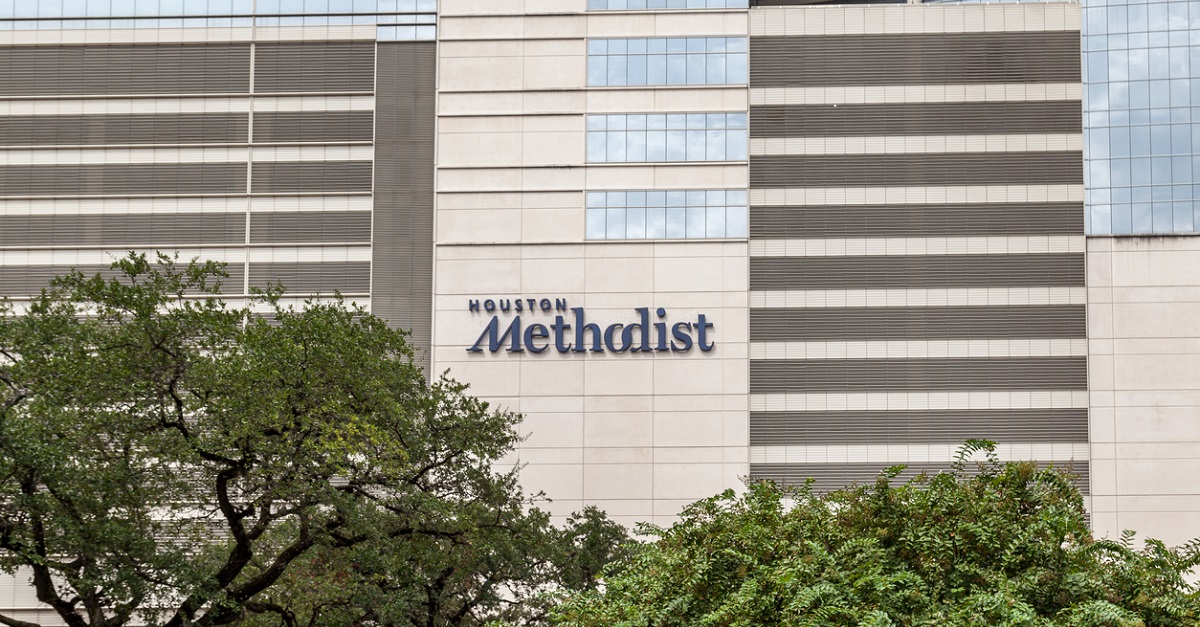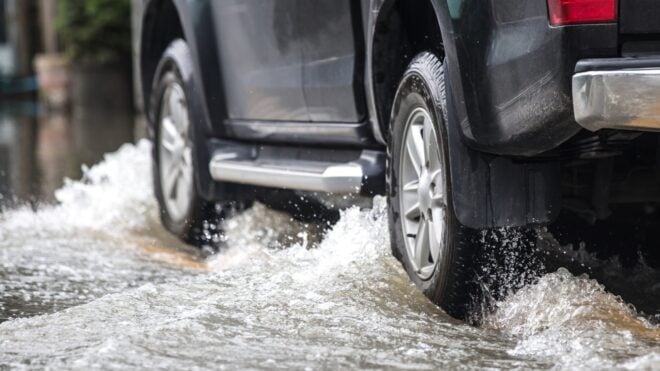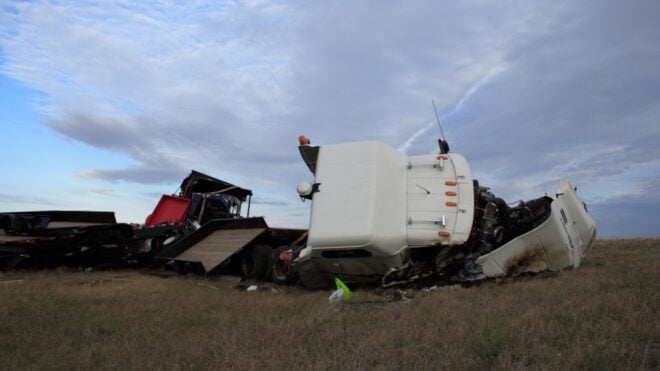
Despite the fact that cases of COVID-19 are going down rapidly in highly vaccinated areas, not everyone is on board to get the COVID-19 vaccination. Houston Methodist Hospital in Texas has been hit extra hard with employees refusing to have it administered.
While it makes sense as to why people may be hesitant, it's also important to realize that scientists worked extra hard on this vaccine due to the state of the country. There have been 3.88 million deaths from COVID-19 worldwide, with 602,000 of those deaths happening in the United States. Efforts to find a vaccine were happening globally, and thanks to advances in genomic sequencing, vaccines became approved within a year of time.
The hospital has made the news before due to its employees' resistance to getting the vaccine. Earlier in June, the hospital suspended 178 employees who refused to get vaccinated, despite it being a policy at work.
President and CEO of Houston Methodist Hospital Marc Boom first reported that the COVID-19 vaccine would be mandatory for employees. This makes a lot of sense, as frontline workers need to do everything they can to lessen the spread. Remember, not long ago, many doctors and nurses had to be fully covered up beyond the mask in order to help treat the masses who came fighting their battle with the coronavirus.
Boom had given employees until June 7 to get the vaccine. After 178 employees missed that deadline, he chose to suspend them from work, showing how seriously the hospital was taking this policy. While that seems like a large number of staff members, it makes up only around 1% of those employed by the medical center.
Boom then said that those who didn't comply without any sort of religious or health exemptions would be fired within two weeks. He also made sure to congratulate those who got the vaccine.
"I wish the number could be zero, but unfortunately, a small number of individuals have decided not to put their patients first," he said, per USA Today. He also made sure to give a shout-out to science and the many scientists who worked on the vaccine. "The science proves that the vaccines are not only safe, but necessary if we are going to turn the corner against COVID-19," he said.
The unvaccinated employees chose to fight back. Some walked out of work, while 117 employees started a lawsuit against the hospital. But the higher-ups fully believe that getting the vaccine is the best way to create the healthiest environment in their hospital — and they're not wrong.
"The number of our employees getting sick with COVID has greatly reduced as the number of vaccines has increased," said Carole Hackett, senior vice president of human resources at Houston Methodist, per Click2Houston. "So, we know it works, we know it works."
The lawsuit was quickly thrown out by Houston US District Judge Lynn Hughes. Judge Hughes easily sided with the hospital, whose goal is to keep both staff and patients healthy.
"Methodist is trying to do their business of saving lives without giving them the COVID-19 virus," she wrote in her ruling. "It is a choice made to keep staff, patients, and their families safer."
The judge also stated that the employees did have a choice in the matter. If they didn't want to get vaccinated, they could find a place to work that would accept that decision. She stated that unvaccinated employees "simply need to work somewhere else." In a health care setting, health should be the top priority.
The unvaccinated employees who would be fired for not complying to company standards talked to KHOU about how they felt on the issue. Kara Shepherd, a labor and delivery nurse, was part of the initial failed lawsuit and is now looking at other options.
"All last year, through the COVID pandemic, we came to work and did our jobs. We did what we were asked. This year, we're basically told we're disposable," she said.
But that's not necessarily the case. The reason why the rule was created is because as a labor and delivery nurse, Kara is exposed to newborns who have a weakened immune system. It is easy for very young babies to get sick, which is why — prior to COVID-19 — it was always recommended for people to thoroughly wash their hands before interacting with a newborn baby.
Houston Methodist isn't the only hospital requiring its employees to get vaccinated — many other hospitals are doing the same. Indiana University Health is giving its 36,000 employees until September to get vaccinated. The hospital stated that "requiring vaccinations for health care employees is not new or unprecedented," and it's not wrong.
The US Food and Drug Administration stands by the vaccine, and it's the authority on issues like this. Not only does the FDA say that the vaccines are safe, but it says that they're effective in cutting down serious illness caused by the virus.
"All three FDA-authorized vaccines are effective in preventing COVID-19 and related serious outcomes, including hospitalization and deaths," the FDA states. "The FDA thoroughly evaluated and analyzed the safety and effectiveness data for all of the authorized COVID-19 vaccines and determined that the available data for each vaccine provides clear evidence that the known and potential benefits outweigh the known and potential risks of each vaccine."
"Millions of doses of FDA-authorized COVID-19 vaccines have been given to people all around the country," the FDA continues. "Serious adverse events following vaccination are very rare."
One of the effects can be an allergic reaction, which may happen with any vaccine. But doctors and vaccine sites are on the lookout for reactions so that they can be treated immediately after they happen. This is why many places ask those who get the vaccine to wait 15 to 30 minutes before leaving.
The FDA is also on top of possible symptoms through the government's reporting system. "Systems such as the Vaccine Adverse Event Reporting System (VAERS) and CDC's text-based v-safe system, which receive reports of adverse events following vaccination, are examples of passive surveillance systems," the FDA says. That means that if anyone knows anything about the vaccine, it's the FDA — and not a stranger from a Facebook group looking to debunk the vaccine based on their own beliefs. People have the right to choose what they want to do in regard to their own health — but they also should expect to face consequences that might occur afterward.




